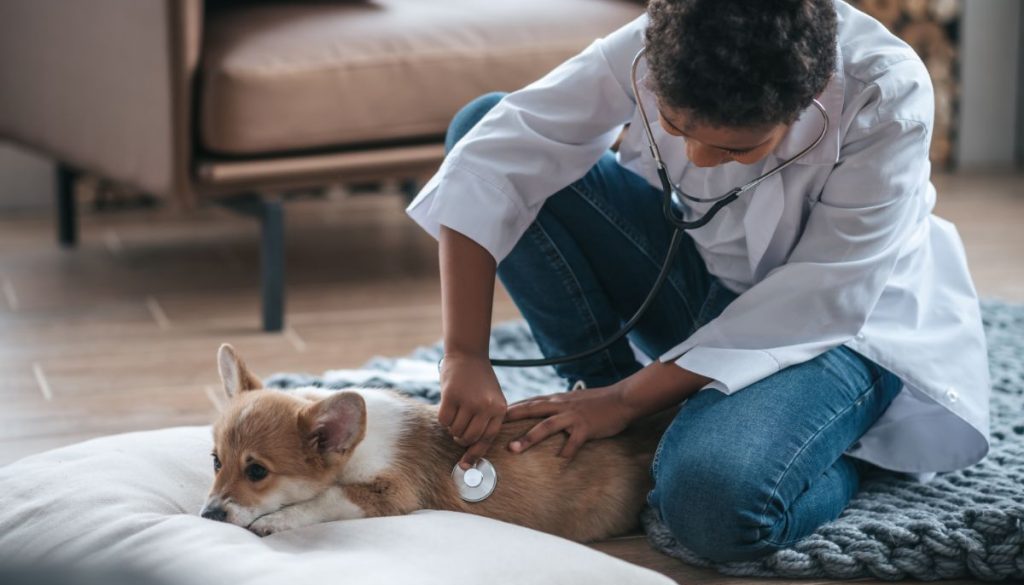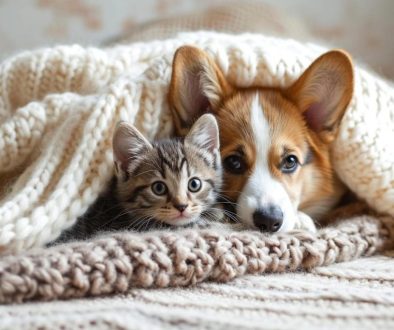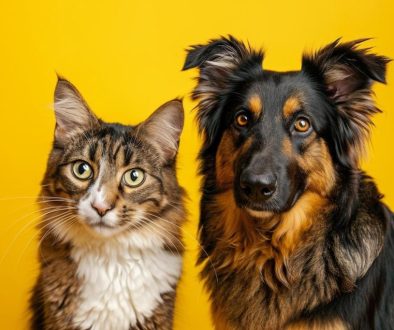Signs Your Pet May Need Probiotics: Identifying the Need for Gut Health Support
Probiotics are beneficial microorganisms that can play a vital role in maintaining your pet’s health, particularly regarding digestive and immune functions. While many pet owners are aware of the benefits of probiotics, it can sometimes be challenging to know when your pet might need them. Here are some signs that your pet may benefit from probiotic supplementation.
1. Digestive Issues
Digestive problems are among the most common reasons pet owners consider probiotics for their animals. Look for these signs:
- Diarrhea: Frequent loose stools or diarrhea can indicate an imbalance in gut bacteria. Probiotics can help restore the natural balance and alleviate symptoms.
- Constipation: If your pet struggles to have regular bowel movements or appears to be straining, probiotics may aid in promoting gut motility and improving stool consistency.
- Gas and Bloating: Excessive gas or noticeable bloating can signal digestive discomfort. Probiotics can help regulate gas production by improving the balance of gut bacteria.
- Vomiting: Occasional vomiting can be normal for pets, but frequent or chronic vomiting may indicate an underlying digestive issue that probiotics could help address.
2. Changes in Appetite
An altered appetite can be a sign that your pet’s gut health is compromised:
- Loss of Appetite: If your pet suddenly refuses to eat or shows a decreased interest in food, it could be due to digestive upset. Probiotics may help restore gut balance and stimulate appetite.
- Increased Hunger: Conversely, if your pet seems excessively hungry and is eating more than usual but not gaining weight, this could indicate an issue with nutrient absorption, where probiotics might help improve gut function.
3. Skin and Coat Problems
Skin issues can often be linked to gut health:
- Allergies or Skin Conditions: If your pet is experiencing frequent allergic reactions, itching, or skin irritations, it could be due to an imbalanced gut microbiome. Probiotics can help support immune function and reduce inflammation.
- Poor Coat Condition: A dull or flaky coat can indicate nutritional deficiencies or digestive issues. Probiotics may aid in improving nutrient absorption and promoting a healthier coat.
4. Frequent Infections
If your pet seems to get sick often, it might indicate a weakened immune system:
- Recurrent Infections: Frequent infections, such as urinary tract infections (UTIs) or gastrointestinal infections, can suggest that your pet’s immune system needs support. Probiotics can enhance immune function by promoting a balanced gut microbiome.
- Chronic Illness: Pets with chronic conditions may benefit from probiotics to help manage symptoms and improve overall health.
5. After Antibiotic Treatment
Antibiotics can disrupt the balance of gut bacteria, leading to digestive issues and other health problems:
- Post-Antibiotic Diarrhea: If your pet has been on antibiotics and experiences diarrhea or gastrointestinal upset afterward, probiotics can help restore the gut microbiome.
- Recovery Support: Probiotics can be beneficial in supporting your pet’s recovery after a course of antibiotics, promoting the growth of beneficial bacteria.
6. Behavioral Changes
Changes in behavior can sometimes be linked to digestive discomfort:
- Increased Anxiety or Stress: If your pet appears more anxious or stressed, it could be due to gut-related issues. Probiotics may help support gut health and reduce anxiety, as a healthy gut can positively impact mood and behavior.
- Lethargy: A decrease in energy levels or increased lethargy can indicate discomfort or illness. If digestive issues are suspected, probiotics may help improve overall well-being.
If you notice any of these signs in your pet, it may be time to consider probiotics as part of their health regimen. Probiotics can provide valuable support for digestive health, immune function, and overall well-being. However, it’s essential to consult with your veterinarian before starting any new supplements to ensure they are appropriate for your pet’s specific health needs.



